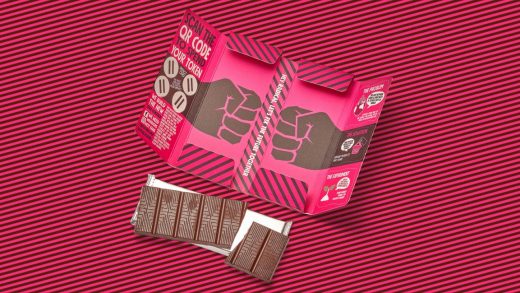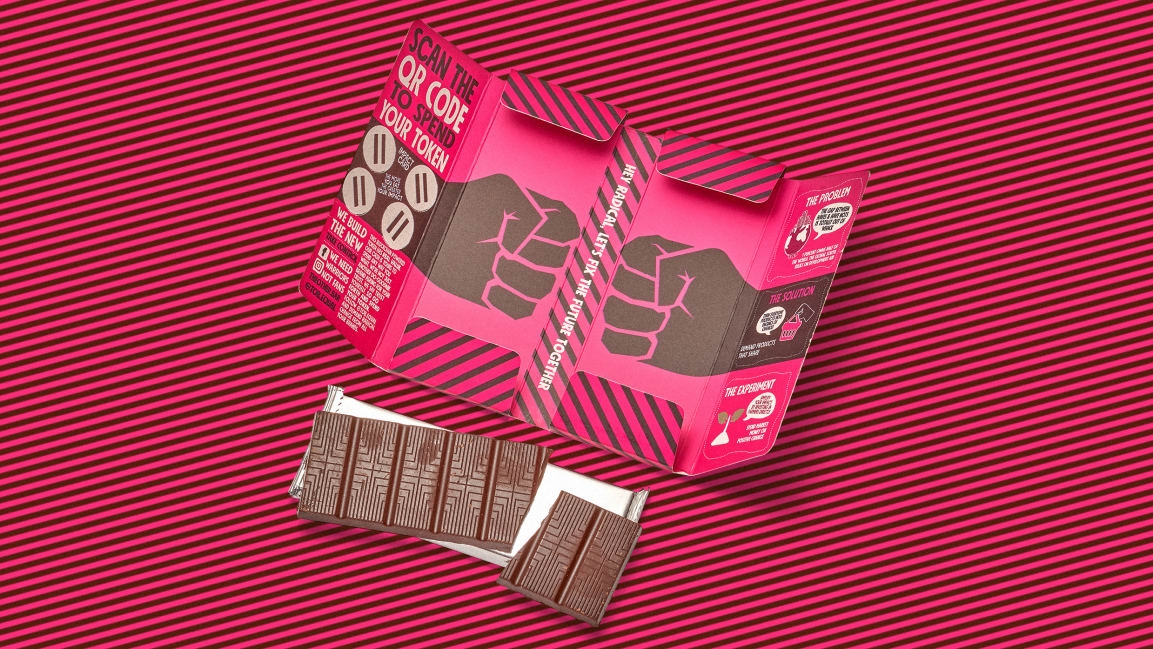This new blockchain chocolate bar is brought to you by the UN
When you buy The Other Bar, an experimental new chocolate bar designed to fight global poverty, the candy comes with a choice: Inside the package, you can scan a code to donate a blockchain token to the farmers in Ecuador who produced the cocoa, or use it to get a discount on the next chocolate bar you buy, sending more business their way.
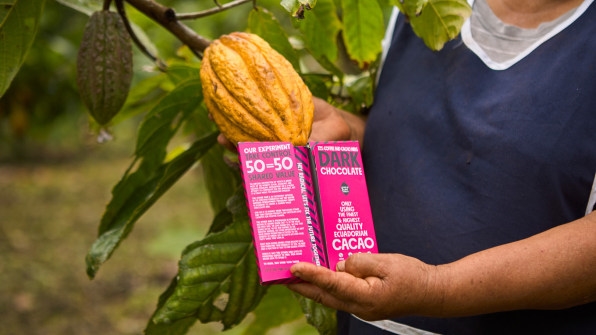
“This is an experiment in what we can do to drive conscious consuming towards impact goals,” says Guido van Staveren, founder of the FairChain Foundation, a Dutch organization that partnered with the United Nations Development Programme on the pilot, a limited run of 20,000 packs of dark chocolate or milk chocolate bars made from Ecuadorian cocoa that will go on sale online October 14. “The whole idea is to use technology to influence consumer behavior and basically turn every product into a capitalist impact engine.”
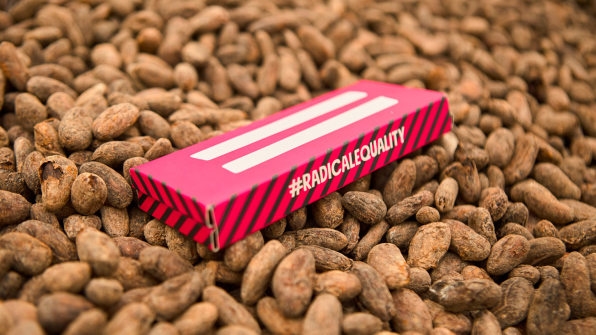
Right now, cocoa farmers only receive an average of 3% of the value of the cocoa used to make typical chocolate, and most farmers don’t earn a living wage. Van Staveren argues that Fairtrade chocolate doesn’t go far enough, though Fairtrade farmers earn a minimum payment (the world price for cocoa is currently around $1,900 a metric ton; the Fairtrade minimum is $2,400 a metric ton.) The new project will pay a higher rate—$3,400 a metric ton—and the token inside will boost incomes further.
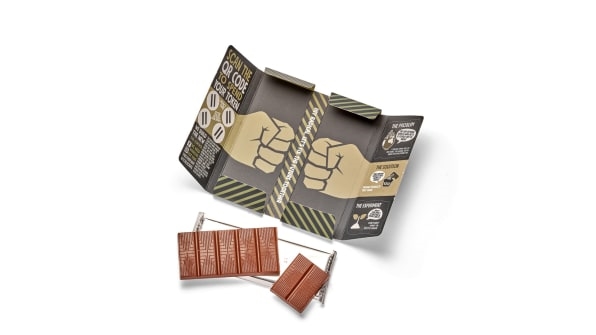
When a consumer decides to send funding back to farmers, it goes to the local cocoa farmer’s association, which uses the funds to plant new cacao trees. Each token is equivalent to a quarter of a cocoa-producing tree (so four chocolate bars equals one tree). The pilot, with 20,000 bars and 10 participating farmers, could lead to the planting of 5,000 new cocoa trees, which can provide extra income for farmers. The donations are tracked on the blockchain, so consumers have proof of impact. “Consumers don’t have to trust an NGO to create an impact . . . they only need to trust themselves,” says van Staveren.
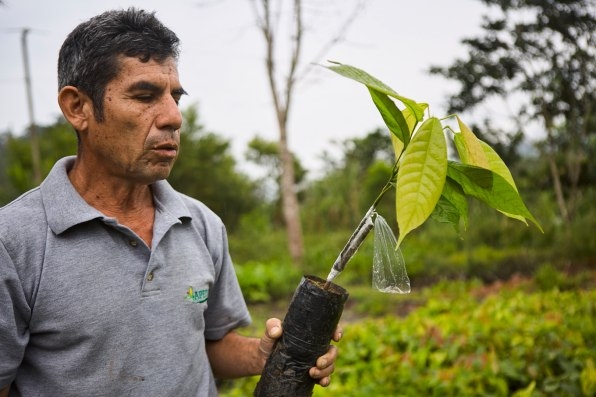
The tokens are funded with money that other brands would use for marketing. It’s a model that the team hopes to prove in the pilot so that it can convince other companies that redirecting marketing budgets toward social impact is an effective way to grow business. “If we can show that this proof of impact drives customer loyalty, and marketing spend given to consumers turns into impact, then we can reach out to all these large companies that now spend millions on Kim Kardashian and say, ‘Don’t spend your marketing on these famous faces, spend your marketing dollars on your own crowd, your own customers, and let them invest in impact,” says van Staveren. Around $800 billion is spent worldwide on marketing, he says—but only $170 billion is necessary to end global poverty.
(20)

